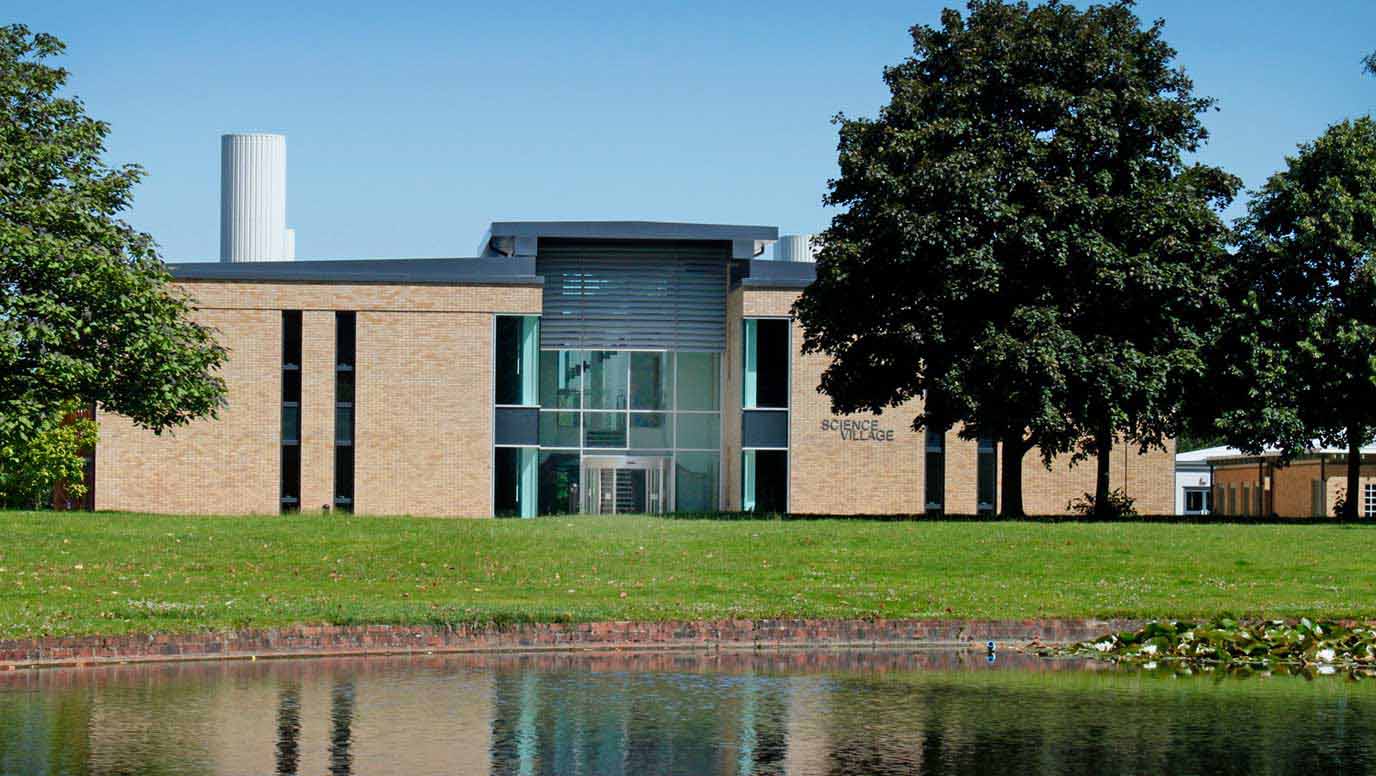Sweetness in Seattle: PartitionBio wins Gates Foundation support

The company’s focus is the generation of novel non-viral therapeutic delivery vehicles – critical to next-generation applications such as gene therapy and nucleic acid vaccines.
As a trailblazer in the manipulation of biocondensates, PartitionBio is developing further applications for its platform in the field of sub-cellular targeting. Biocondensates are formed by the liquid-liquid-phase separation of synthetic oligomers capable of incorporating biological drugs.
The company is leveraging shuttle constructs for the efficient trans-membrane delivery and intracellular release of their payloads. Possible macromolecular cargoes include nucleic acids (e.g. mRNA) and proteins (e.g. antibodies). The company aims to improve and extend first-generation designs by screening for improved cargo release, cargo loading specificity and cell-type specificity.
Biomacromolecules, sometimes also referred to as ‘biologics’, have recently emerged as a major class of therapeutic agents – alongside small molecule drugs. Biologics include proteins, peptides and nucleic acids such as oligonucleotides, DNA templates and RNA. Therapeutic RNAs have proven to be a particularly successful class of biologic drugs – for example as vaccines – as have monoclonal antibodies.
Another nascent concept for therapeutic intervention is the use of gene editing tools such as CRISPR to support gene therapy approaches. Typically, biomacromolecules are not intrinsically cell-penetrating due to a combination of their large size and surface charge. Translocation across the membrane of target cells is therefore a common requirement for making therapeutic use of such agents when targeting intracellular processes.
CEO Dr Niall Armes explained that PartitionBio had been spun out of Biocrucible Ltd – a company under the umbrella of New York City powerhouse KKR – to pursue non-diagnostic applications of biomolecular condensates.
Dr Armes said: “The operation has been directed by Olaf Piepenburg – co-developer of Recombinase Polymerase Amplification (RPA) with me at TwistDx – and now presents a breakthrough technology platform which can deliver a broad spectrum of macromolecules directly into cells in an unprecedented fashion.
“This extraordinary platform offers the potential to unlock many previously undruggable targets (e.g. antibodies are taken efficiently into cells) as well as be used for delivery of nucleic acids and editing complexes. “As biologics come to dominate novel therapeutic modalities we expect this technology to feature strongly in this exponentially-growing new era of drug development.”
As well as receiving the grant from the Gates Foundation to explore nucleic acid delivery, PartitionBio company also just filed a key patent on the method for biomolecular condensate-mediated delivery.
The Chesterford Research Park company holds the exclusive rights to the Biocrucible IP on condensate use – engineering with intrinsically disordered regions – for all non-diagnostic applications.
PartitionBio has been operational at the Park since early 2022 with a small team funded by circa £3 million of seed-level investment from the founders. The company is initiating efforts to seek additional capital in the coming months to scale the platform.

